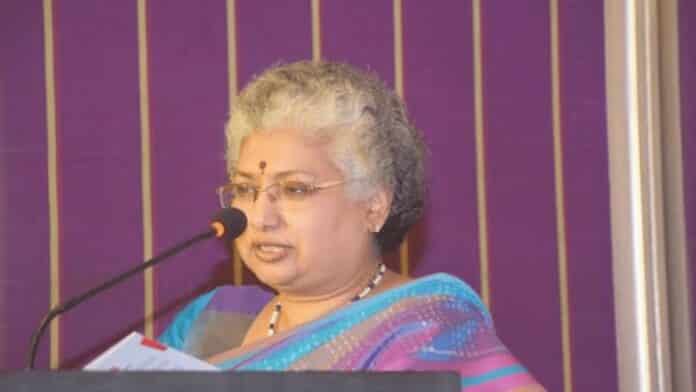In a recent address at the Southern Zone Regional Conference titled “Family: The Basis of Indian Society,” Supreme Court Justice B.V. Nagarathna highlighted the rapid transformation of family institutions in India and its profound implications on both societal norms and the legal landscape.
Justice Nagarathna pointed out that this transformation is driven by various factors, including increased access to education, urbanization, workforce mobility, and notably, the growing economic independence of women due to education. The evolving legal framework has also played a pivotal role in these societal shifts.
During her speech, she stressed the fundamental role of the family as a cornerstone of civilization, serving as a vital link to our past and a bridge to our future. She praised the socio-economic liberation of women, noting that it should be viewed positively and actively encouraged, as it contributes not only to the family’s well-being but also to national development.
The Justice also addressed the increase in family disputes clogging the judicial system. She suggested that many of these disputes could be resolved if individuals adopted two key approaches: understanding and respecting their partner’s perspective and developing self-awareness. She elaborated that mutual respect and understanding involve considering a partner’s interests and reasoning from their point of view, which could prevent escalation into legal disputes.
“The real challenge is not the financial and social liberation of women but rather our failure to update our attitudes and practices in line with changing socio-economic conditions,” Justice Nagarathna remarked. She emphasized that updating these perceptions is crucial to reducing family disputes and improving the upbringing of children.
Highlighting the practical issues faced by the family courts, she noted a significant increase in divorce and separation rates, stating that nearly 40 percent of marriages in the past decade have ended in such manners. This surge has overwhelmed the current capacity of family courts, leading to docket explosion and infrastructural inadequacies.
Justice Nagarathna advocated for mandatory pre-litigation conciliations and mediations to mitigate these challenges. She suggested that family courts should employ trained mediators, including retired judges, to handle disputes before they escalate into full-blown legal battles. This measure could prevent trivial disagreements from deteriorating into marital breakdowns, ultimately safeguarding the well-being of children involved in these disputes.




